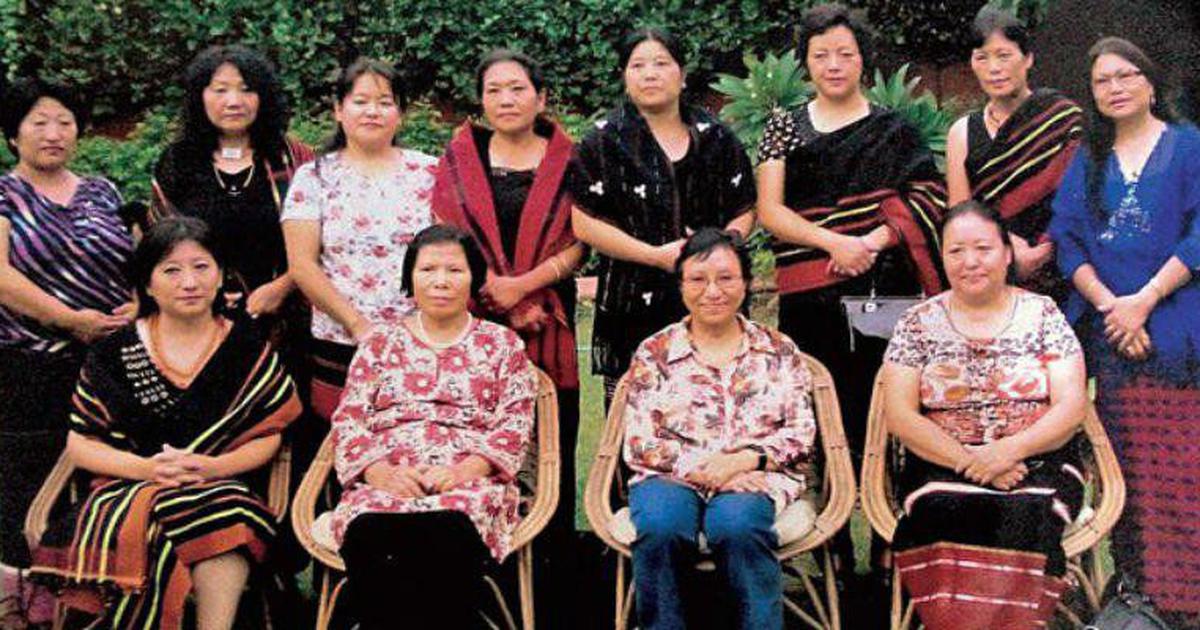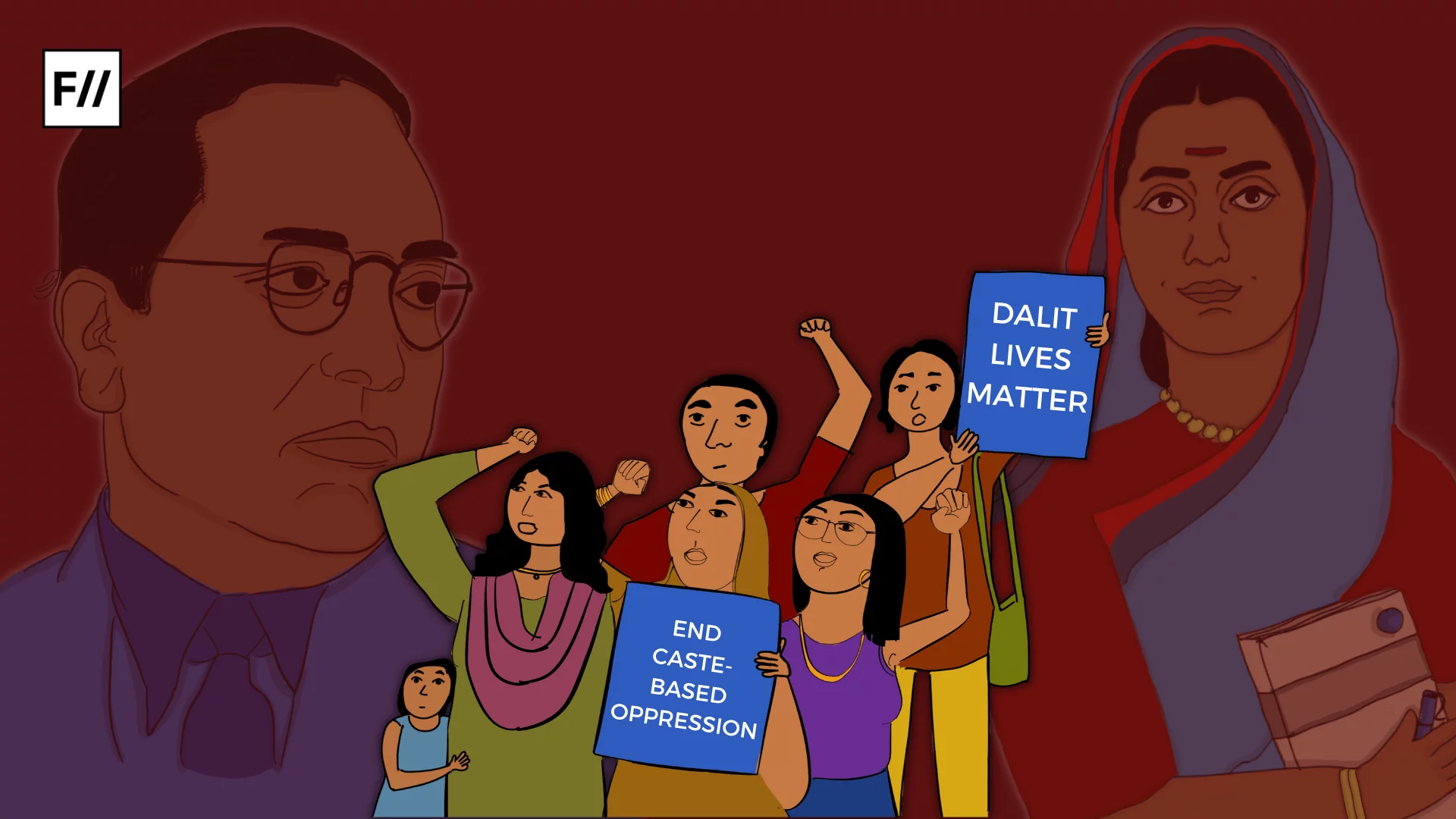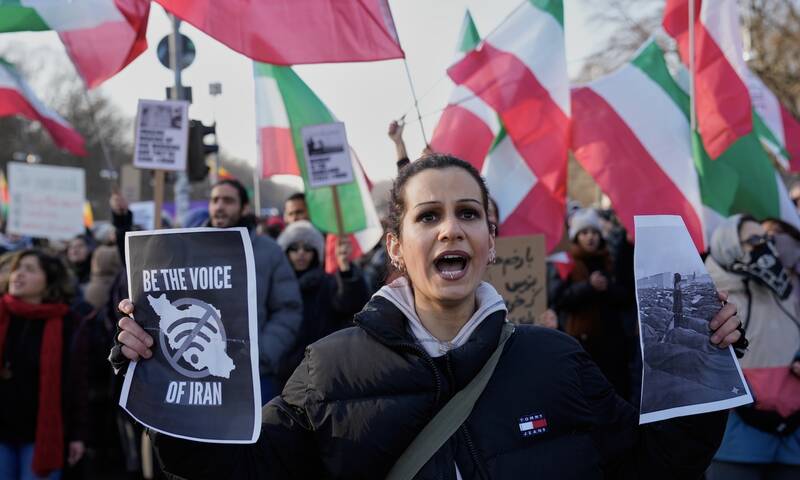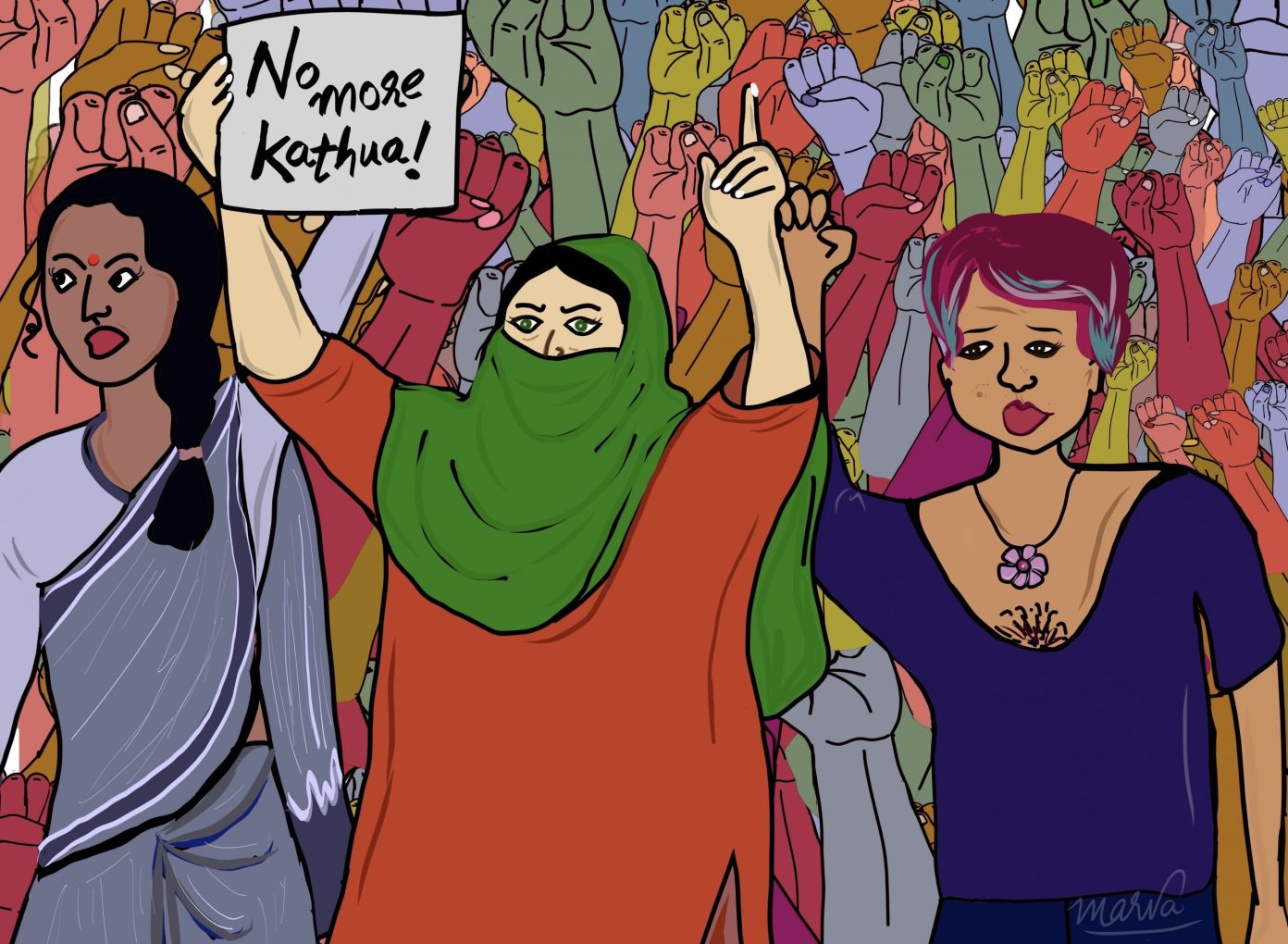Naga Mother’s Association (NMA) is a civil society organisation that was established by women in 1984 in Kohima, Nagaland. The organisation was formed at a time when substance abuse, alcoholism, and insurgency in the region was escalating. All of this had a pivotal impact on the women of the region economically, physically as well as psychologically. The Naga Mothers’ Association thus, became a shared space for the women in Nagaland, which brought together the women’s wings of different Naga tribes.
Neidomo Angami, one of the founding members of NMA, who later was also prominently known as mother of peace, served as its general secretary from 1984 to 1994. The organisation focuses on uprooting social evils and working as arbitrators towards peacebuilding and peacekeeping.

Arbitrations, peace-keeping interventions
Peace cannot be defined merely as absence of war. It involves creating a secure and safe environment, by not only eradicating physical or direct violence but personal as well as structural or indirect violence. Drug addiction was a rampant problem in Nagaland during the 1980s, coupled with the spread of HIV and AIDS. The Naga Mothers’ Association also played a pioneering role in tackling them, and runs a detoxification and counselling centre at Kohima together with the Kripa Foundation.
As a state level organisation, the NMA has two facets – social and political. The social face has undoubtedly helped towards incremental process of peacebuilding in the region. The Naga Mothers’ Association has also organised many training sessions and workshops so that women can have a greater contribution in the peace building processes. However the contribution of the women of Nagaland in general and the NMA in particular has been less valued in the formal political processes. The NMA consistently fights for more representation of women in politics and decision making in the public sphere
The NMA used the symbol and expression of motherhood for the political unity and mobilisation of women. The former chief minister of Nagaland Vamüzo Phesao, in an interview with the Times of India said, “Many younger ones ask: why mothers? Let’s change the name to women. I say no. The NMA is for all women, unmarried or married, mothers or not. But the word ‘mother’ has dignity in Naga society. Everyone respects a mother. The name stays.“
During the decade of violent conflicts in north-eastern India, the Naga political movement was divided into factions, some demanding greater political autonomy whereas others demanded separation; and these ideological differences steadily escalated into fierce, bloody and despotic battles. In order to bring a halt to such killings, the Naga Mothers’ Association launched the ‘Shed No More Blood’ campaign, initiating peaceful dialogues and negotiation with various Naga underground groups. Founded on the motto of human integrity, the campaign underscores the value of each life as sacred.
Also read: Kutch Mahila Vikas Sangathan: Mobilising The Rural Women Of Kutch, Since 1989
As part of this campaign, the NMA wrapped all unclaimed bodies in traditional shawls, whether they belonged to the ‘Nagas’ or the Indian security forces, to underline the distress of the mothers who had borne the pain of child bearing and child rearing, only to lose them to armed conflict.
The NMA has taken the first step towards negotiation, peacebuilding and reconciliation by opening channels of communication between the opposing factions, and in doing so, the members of the NMA have had to risk their lives. They are a significant force that has catalysed the peace-keeping endeavours in the region and must be recognised and marked in history for their invaluable contributions
Angami also initiated the launch of ‘journey of conscience’, in 2000, where the leaders of the Naga Mothers’ Association met with the leaders of other civil society organisations, media and student organisations to exchange views as they believed that negotiations should not be confined only to four walls and all stakeholders should be equally involved in the peace building process.
The NMA also joined forces with other tribal and student organisations, such as Naga HoHo, Naga Students Federation and Naga People’s Movement for Human Rights, to successfully negotiate a ceasefire between the insurgents and the state.
Challenges faced by the organisation
Though the Naga Mothers’ Association has been quite successful in convincing the government and the insurgents that opting violence as a means will not resolve the Naga problem which is evident in the reduction of faction killings, the NMA has not been given its due credit in the peace process.
As a state level organisation, the NMA has two facets – social and political. The social face has undoubtedly helped towards incremental process of peacebuilding in the region. The Naga Mothers’ Association has also organised many training sessions and workshops so that women can have a greater contribution in the peace building processes. However the contribution of the women of Nagaland in general and the NMA in particular has been less valued in the formal political processes. The NMA consistently fights for more representation of women in politics and decision making in the public sphere.

At the village or district level, the Naga Mothers’ Association has attempted to mobilise women, but these mothers have no say and involvement in policy formulation. Their representation in the formal democratic structures and political processes has not been something which is adequate.
The NMA has taken the first step towards negotiation, peacebuilding and reconciliation by opening channels of communication between the opposing factions, and in doing so, the members of the NMA have had to risk their lives. They are a significant force that has catalysed the peace-keeping endeavours in the region and must be recognised and marked in history for their invaluable contributions.
Also read: Book Review: The Many That I Am: Writings From Nagaland Edited By Anungla Zoe Longkumer
Featured Image: Scroll.in
About the author(s)
Ishita is a student of Political Science (Honors) at Kamla Nehru college, Delhi University. In the world of patriarchy, she is not someone who is afraid to voice out her beliefs and speak up for them. Though mostly cheerful and friendly she is very particular about her deadlines and perfection in her chores





